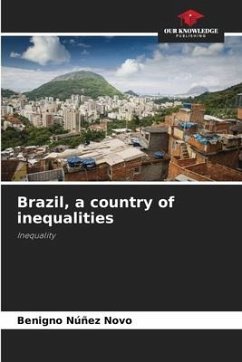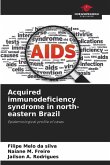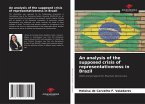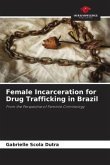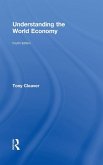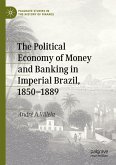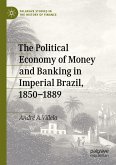Brazil has the highest concentration of income in the world. Almost 30% of Brazil's income is in the hands of just 1% of the country's inhabitants, the highest concentration of its kind in the world. International experience shows that there needs to be massive and consistent investment in a child's education from the first five or six years of life. What we are currently seeing is a dismantling of the welfare state, with social programmes being reduced or abolished, especially in the areas of education and science and technology. A freeze on public investment for 20 years, privatisations and the dismantling of public banks, unrestricted outsourcing, labour reform and pension reform. It is up to society as a whole to create the means for social development and establish a set of rules that can minimise social inequality.
Bitte wählen Sie Ihr Anliegen aus.
Rechnungen
Retourenschein anfordern
Bestellstatus
Storno

